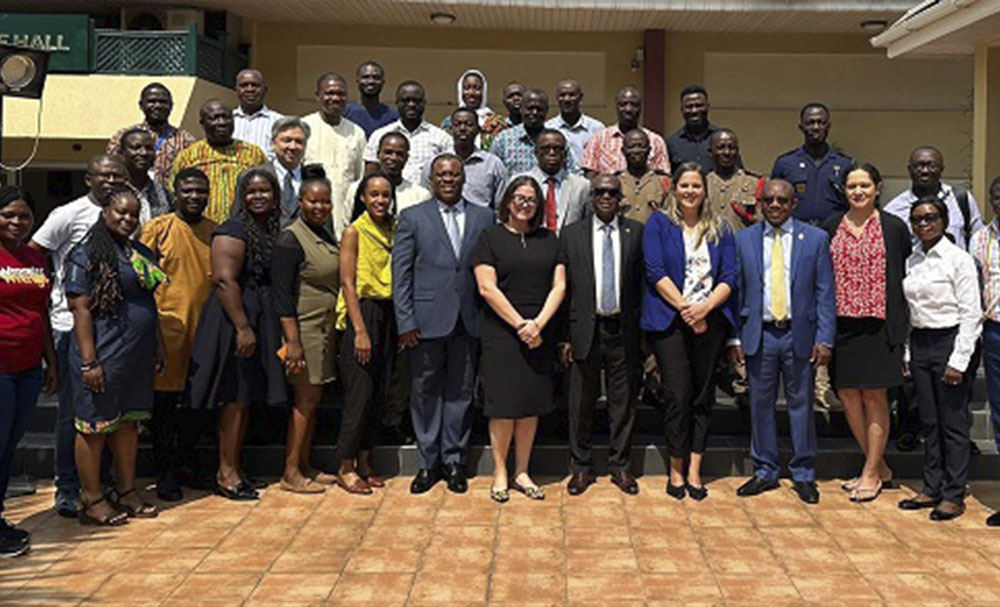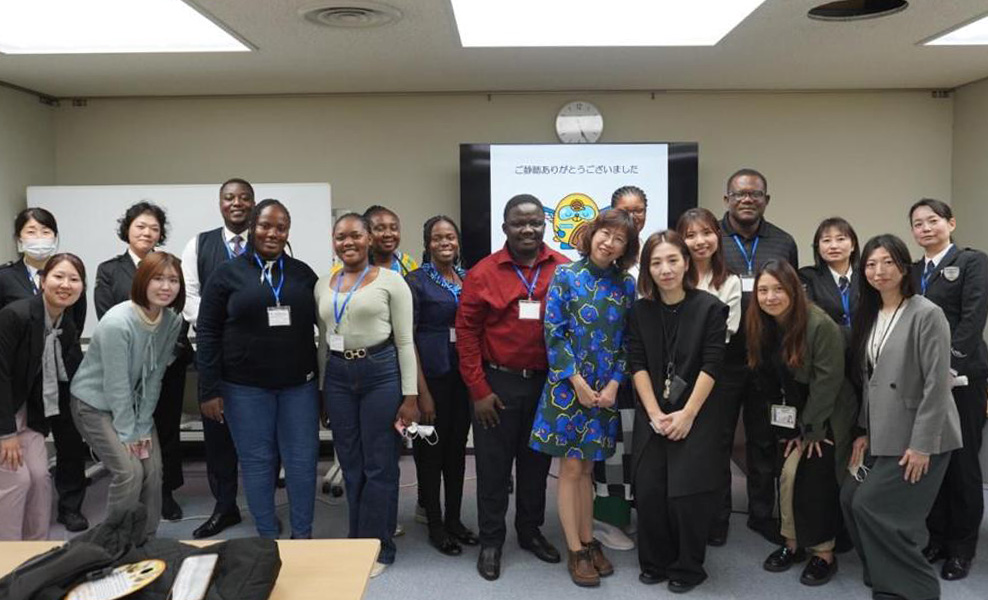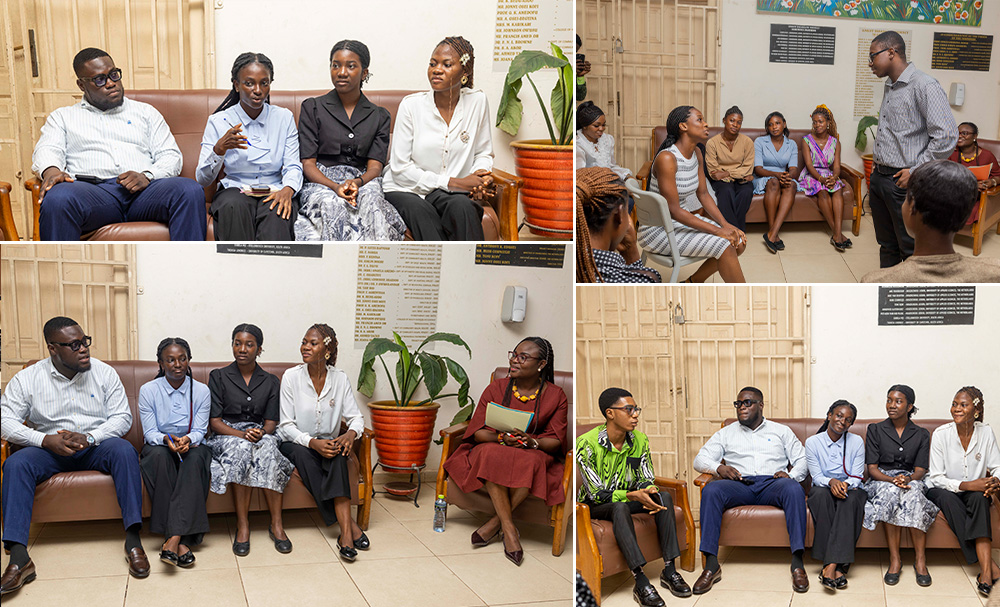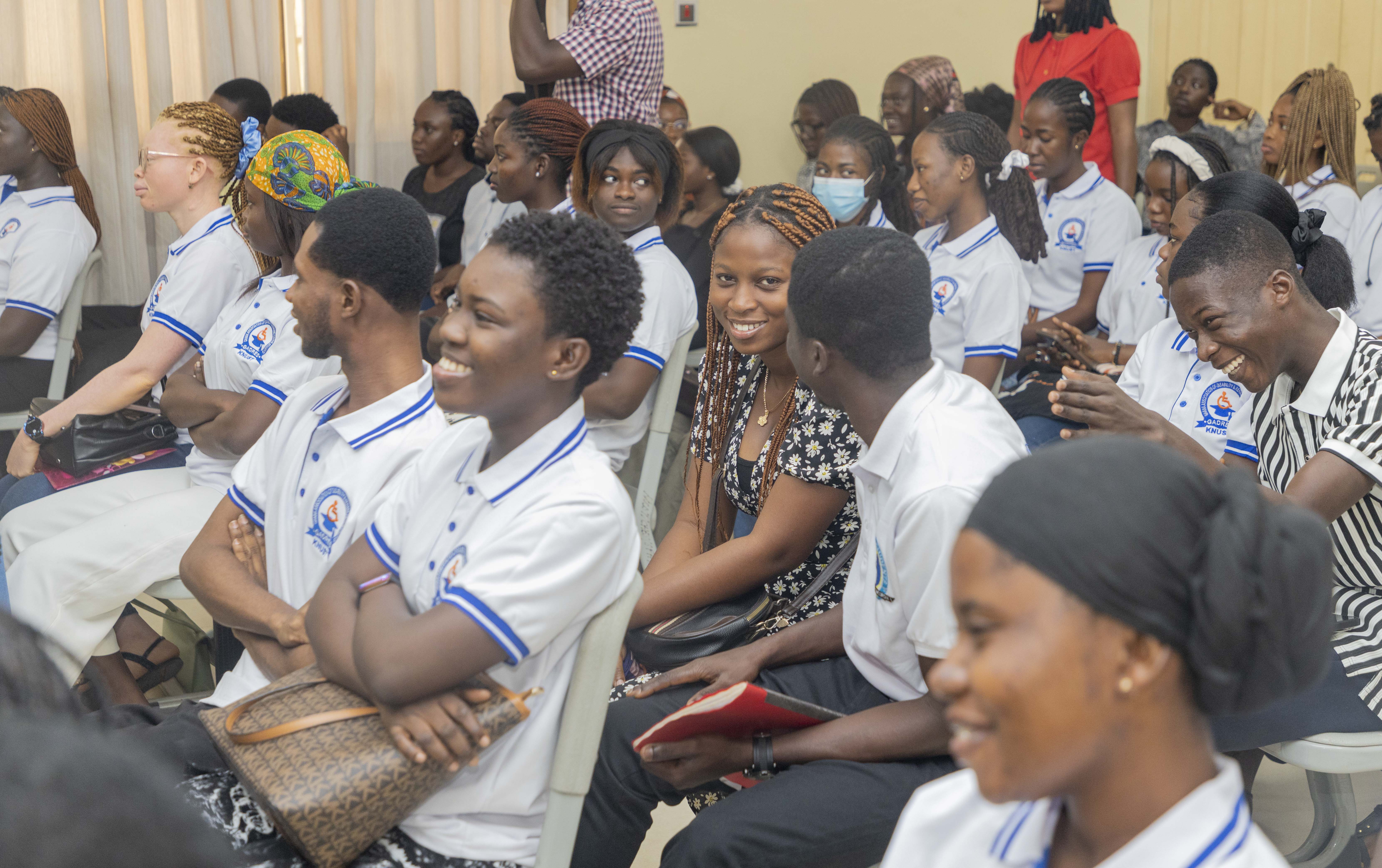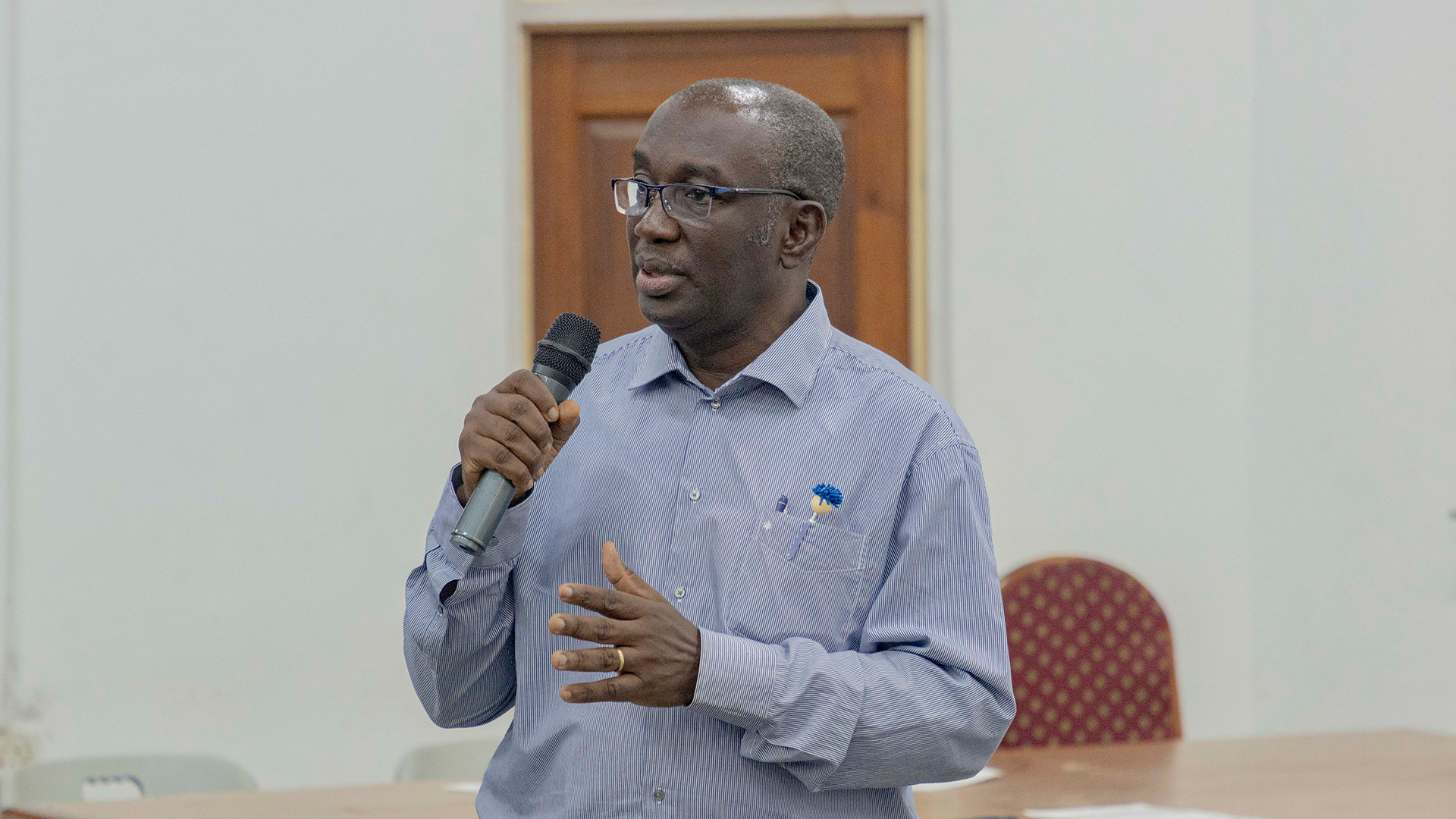Ghana has recorded a total of 1,449 drowning cases in the last three years, a research study on drowning presented by researchers from the Kwame Nkrumah University of Science and Technology (KNUST) on the 10th February 2023 in Accra has revealed.
Conducted in partnership with Centre for Disease Control and Prevention (CDC) Foundation with funding from the Bloomberg Philanthropies in 52 coastal, inland water and dry districts, the research study was based on four primary objectives.
The primary objectives were to establish the availability of drowning data in existing sources, describe the burden of drowning through the estimation of a national drowning rate and determination of high-risk groups, describe the circumstances of fatal and non-fatal drowning and identify drowning prevention interventions.
According to the research study, the total number of drowning cases recorded include 1,142 fatal cases, 305 non-fatal cases and two unknown cases.
Furthermore, the result of the research study also indicated a high number of males involved in both fatal and non-fatal drowning cases which stood at 1,185 as against 231 for females.
It adds that drowning frequently occurred among males, children, and young adults.
The study equally identified rivers and the ocean as well as swimming and boating as the common location and activities associated with both fatal and non-fatal drowning cases.
Some of the contributing factors to the high number of fatal and non-fatal drowning cases highlighted by respondents during a Focused Group Discussion were the lack of education and awareness creation, failure to construct bridges over rivers and inadequate life jackets.
Others were the failure to fence water bodies, lack of boating regulations in terms of loading goods and the number of passengers, lack of supervision of children by adults, traditional beliefs associated with drowning and improper medical evaluation.
The Principal Investigator of the research study, Professor Peter Donkor spoke to the media about the research study was important as it would help in the development of a national policy on drowning.
He further explained that drowning was a multifaceted issue that required that all relevant stakeholders join hands in addressing it.
“The very good thing is that we have been working with some important agencies such as the Birth and Death Registrar, Ghana Police Service, and NADMO. Going forward I expect that we will identify the areas where we can work best in the future”, he said.
The Director of Research, Statistics and Information Management at the Ministry of Information, Dr Wisdom Atiwoto, who represented the Minister, highlighted the importance of research in the development of various policies, especially, in the health sector.
According to him, the Ministry of Health despite having two key policies on National Health and Universal Health Coverage had no policy on drowning, hence, the significance of the research study.
In attendance during the presentation of the findings of the research study were representatives of from the Ghana Police Service, Ghana National Fire Service, National Disaster Management Organisation (NADMO), Birth and Death Registrar, fishing community, the Centre for Disease Control and Prevention (CDC), the media, the Ghana Education Service (GES), and other relevant stakeholders.


